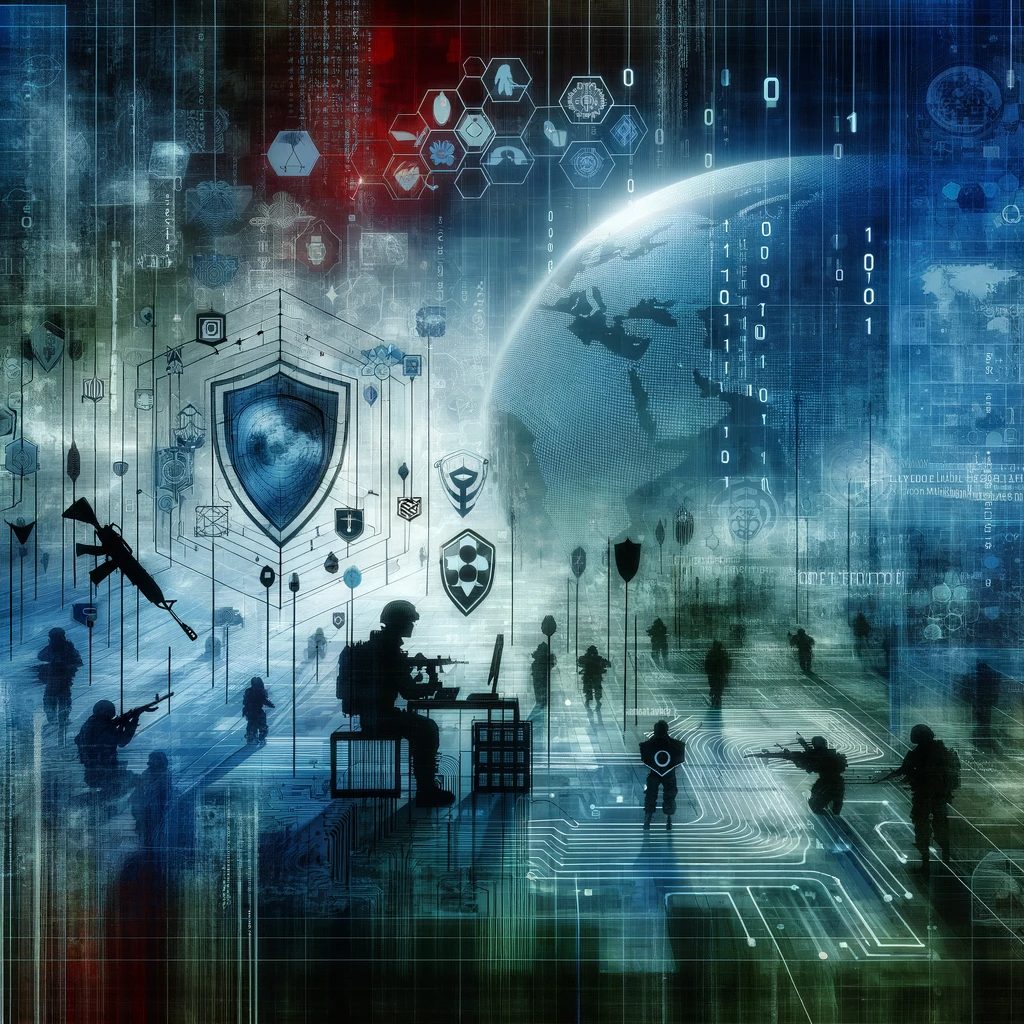
The digital era has brought with it a new dimension of confrontations, the cyberspace, turning it into an invisible battlefield, but with palpable repercussions. The current crisis in Ukraine illustrates this reality, highlighting the growing role of hacker groups and the involvement of great powers, in particular, the United States, in the militarization of this new frontier. This article seeks to uncover how the war in Ukraine is serving as the stage for a game of cyber chess, where the USA is, according to some analyzes, using conflict to expand your control and influence.
The participation of hacker groups in modern conflicts is not a new phenomenon, but the scale and complexity of operations have increased significantly. Organizations such as Anonymous have already declared involvement in the Ukrainian conflict, conducting cyberattacks against Russian targets. parallel, reports from intelligence and cybersecurity agencies indicate an intensification of activities by Russian groups against Ukrainian and allied countries' infrastructure. However, It is the actions of the United States in this scenario that have drawn attention.
Sources such as the South China Morning Post have highlighted the US role in the escalation of the militarization of cyberspace. Reports indicate that Washington has not only strengthened its own defensive and offensive cyber capabilities,, but is also supporting Ukraine with equipment, training and intelligence. More than that, Analysis suggests that the US sees the conflict as an opportunity to field test its cyber technologies and strategies, as well as to establish a precedent for responding to cyber attacks, which could justify future offensive actions in other contexts.
Another aspect discussed by sources such as Nikkei Asia is the US initiative to form international coalitions to combat cyber threats., what, on the one hand, represents a cooperative approach to global security, but, for another, raises questions about American hegemony in cyberspace. The formation of alliances and the definition of norms and rules for cyberspace, led by the USA, can be interpreted as a way of extending their sphere of influence and establishing a new type of geopolitical control.
In the midst of this complex scenario, it is essential to maintain a critical and questioning view of the movements of the United States and other global actors in cyberspace. The war in Ukraine is not just a territorial conflict, but also a proving ground for cyber strategies that could shape future international relations. The involvement of hacker groups, either as independent actors or as proxies for nation states, adds an additional layer of uncertainty and unpredictability.
As we move into the digital age, the militarization of cyberspace emerges as a central theme in global geopolitics. United States actions, in particular, deserve attention, as they reflect not only a response to current circumstances, but also a strategic vision that could define power dynamics in the 21st century. Tracking and critically analyzing these developments is critical to understanding and influencing the future of global security and cyberspace governance.
References
South China Morning Post (SCMP) https://www.scmp.com/
Nikkei Asia https://asia.nikkei.com/
he Japan Times https://www.japantimes.co.jp/
The Times of India https://timesofindia.indiatimes.com/
